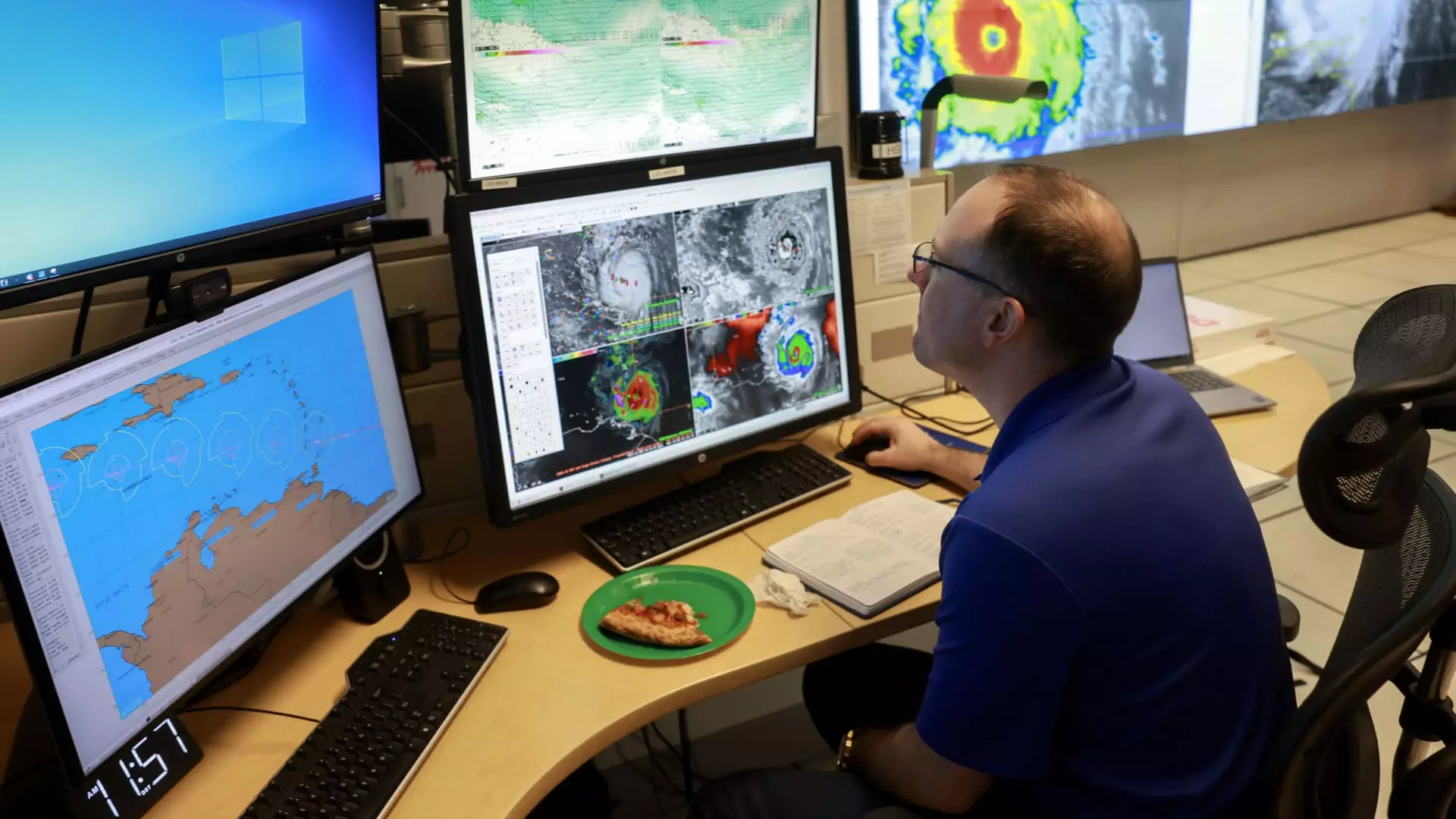Hurricane Beryl has been declared the strongest-ever hurricane in July, breaking the latest in a series of records as it causes widespread destruction in the Caribbean. The tropical cyclone has set numerous records that experts say are tied to climate change, as it developed faster and much earlier in the year than similar phenomena. It is the strongest hurricane on record for both June and July, and saw the most rapid intensification of any hurricane before Sept. 1.
Scientists have for years warned that global warming will cause hurricanes to intensify more rapidly due to warmer waters, giving people less time to brace for their impact. The National Oceanic and Atmospheric Administration (NOAA) previously forecast an “above-normal” 2024 hurricane season in the Atlantic, with an increased number of named storms and major hurricanes. This is primarily due to the influence of the El Niño-Southern Oscillation and the record-warm ocean temperatures in the Atlantic Basin.
Jamaica announced an island-wide curfew as Hurricane Beryl approached its shores, leading to at least six fatalities to date in various affected regions. The Prime Minister of Jamaica, Andrew Holness, declared the entire nation a disaster area and implemented a curfew to ensure the safety of its citizens. The hurricane has already claimed lives in Grenada, Carriacou, St. Vincent and the Grenadines, and northern Venezuela.
Residents in the areas affected by Hurricane Beryl have reported extensive damage to infrastructure and housing. One resident from Union Island stated that “almost the whole island is homeless,” underscoring the severe impact of the hurricane on the community. Essential supplies such as food, water, first aid kits, and power are in short supply, posing additional challenges for those trying to recover from the disaster.
Hurricane Beryl’s unprecedented strength and rapid intensification serve as a stark reminder of the impact of climate change on extreme weather events. The devastating consequences of the hurricane, including loss of life and widespread destruction, highlight the urgent need for global action to address climate change and mitigate its effects on vulnerable regions. As the frequency and intensity of hurricanes continue to rise, it is essential for governments, organizations, and individuals to prioritize resilience and preparedness in the face of these escalating natural disasters.


Leave a Reply